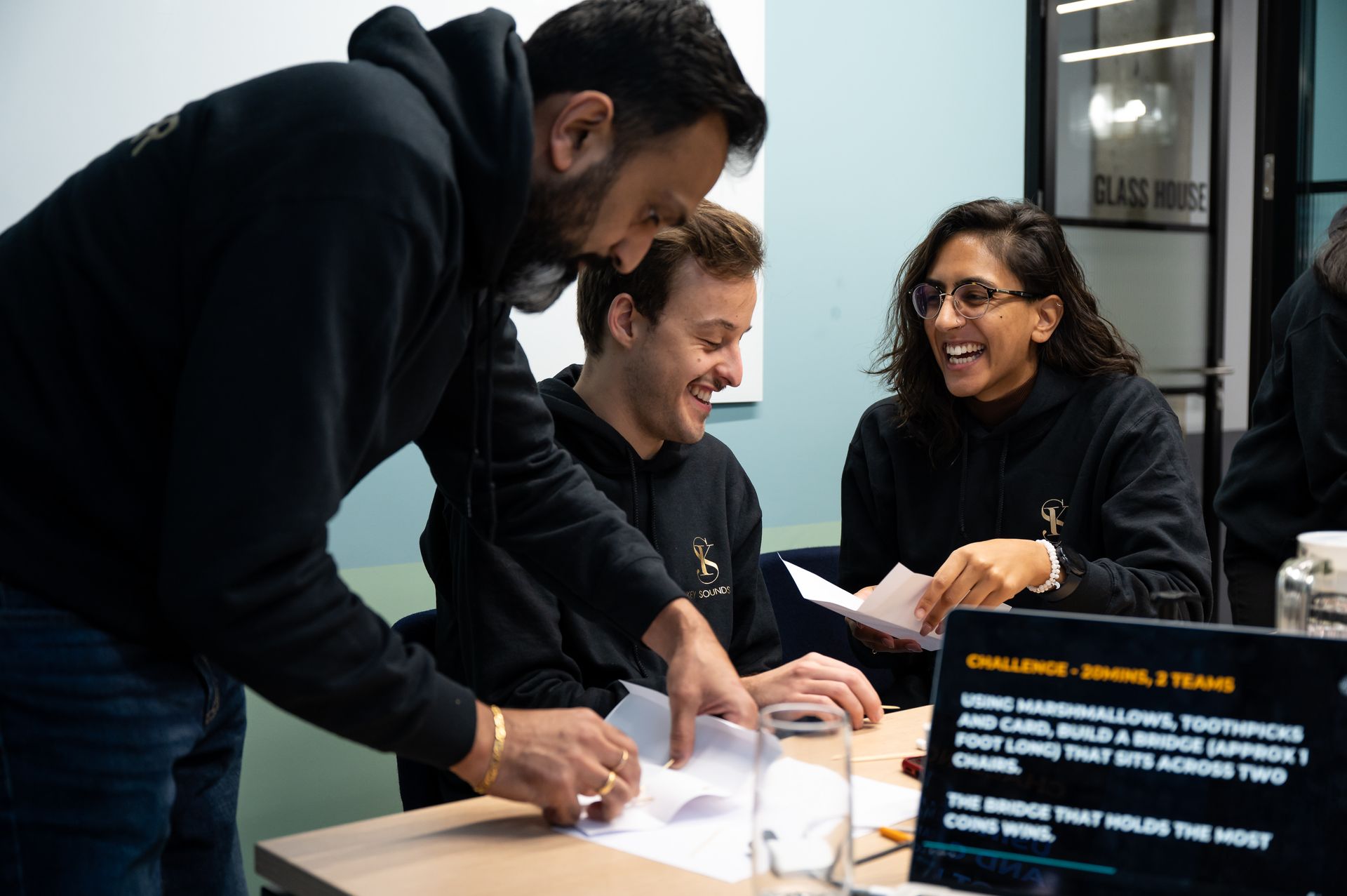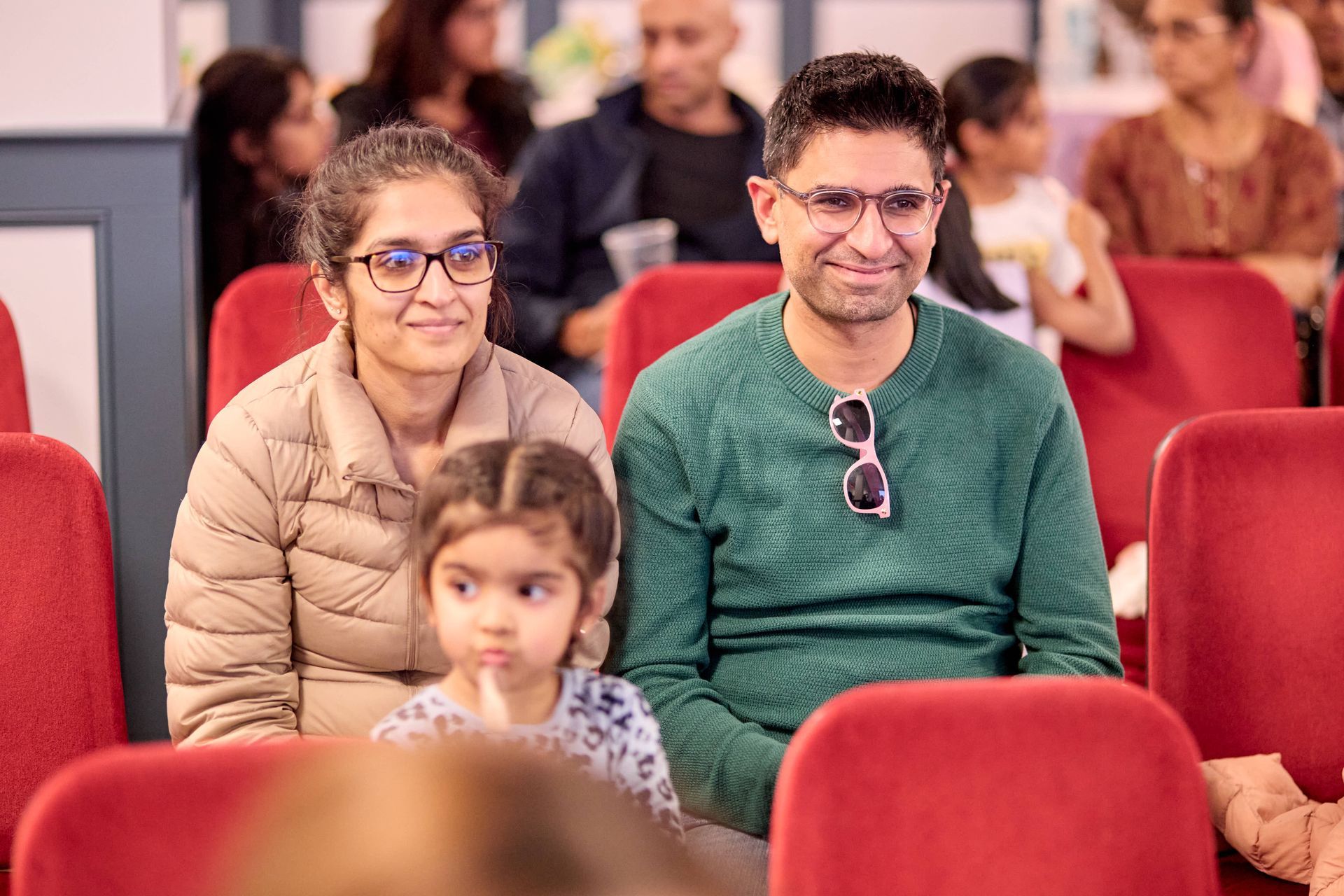Start the New Year on a High Note with Our Piano Lessons
“What new skill could my child learn this year that will build their confidence, improve focus, and bring them joy?” As a parent, finding activities that help your child grow while keeping them engaged can feel like a challenge. Piano lessons at Key Sounds UK are the perfect way to start the New Year with purpose, creativity, and fun.
Whether your child is curious about music or looking for a meaningful way to spend their time, learning piano is a gift that will benefit them for years to come. Here’s why the New Year is the ideal time to begin.
1. A Fresh Start for a Fresh Year
The start of the year is a time for setting goals and embracing new opportunities. Piano lessons provide the structure to develop a valuable skill, and with our personalized approach, your child will see progress and feel proud of their achievements.
2. Build Confidence and Resilience
Piano lessons teach more than music—they help children build self-esteem and resilience. Every piece learned, every challenge overcome, and every performance given boost confidence. At Key Sounds UK, we celebrate every milestone, making learning a positive and empowering experience.
3. Strengthen Focus and Discipline
Learning piano requires concentration, practice, and discipline—all essential skills for academic success and personal growth. Our lessons are designed to help students stay engaged, motivated, and eager to improve, making piano a fun way to enhance their focus and determination.
4. Discover the Joy of Music
Music brings joy to daily life. From playing favourite songs to creating original pieces, piano lessons spark creativity and offer a healthy outlet for emotions. The sense of accomplishment your child feels after playing their first melody will inspire them to keep going.
5. Join a Supportive Community
At Key Sounds UK, your child isn’t just taking lessons—they’re joining a community of passionate teachers, supportive peers, and encouraging families. We believe in building connections and fostering friendships that make the learning process even more enjoyable.
Get in touch to find out more information here: www.keysoundsuk.com/contact



